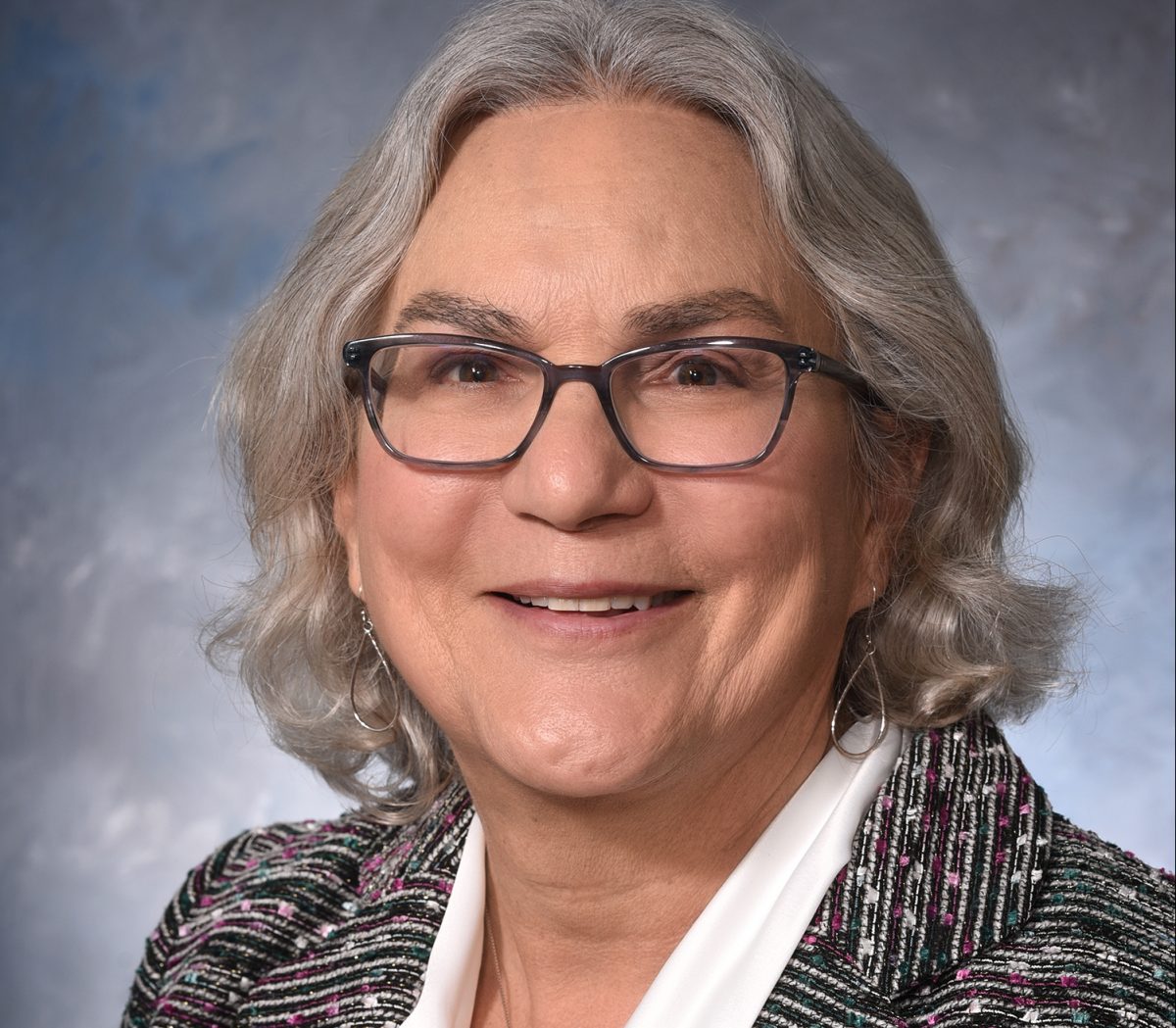Charlottesville Area Transit announced the upcoming launch of a low-emission microtransit program, intended to address areas with a high demand for public transportation.
The pilot program, tentatively titled MicroCAT, will provide on-demand app-based local travel for residents living on Pantops and along Route 29 North. In a 2022 Albemarle County Transit Expansion study, both of these areas were identified as places in high need of wider transportation access.
“I believe that we have a responsibility to provide a functioning public transportation system to our population,” says Donna Price, chair of the Albemarle County Board of Supervisors. “Not everyone has, or wants, or can afford to have their own vehicle.”
Like well-known ridesharing apps, MicroCAT riders will be able to request a ride from their specified location (via app or phone call), and can choose to be picked up by various hybrid electric vehicles, small buses, and wheelchair-accessible vehicles.
To establish the service, CAT and Albemarle County partnered with Via as their TransitTech software and operations provider. The company’s software is also employed in programs servicing Alexandria, Williamsburg, Gloucester, Wise County, Richmond County, Roanoke County, and Hampton Roads.
“Our partnerships in Virginia and across the world have proven to increase access to education, health care, and employment opportunities,” said Jake Bortz, East Coast partnership lead at Via, in a press release. “We are excited to see how microtransit similarly transforms the mobility landscape for the Charlottesville area community.”
“We are pleased to have identified the perfect partner for our microtransit service,” said Garland Williams, CAT’s director of transit. “Via brings a wealth of experience and expertise, aligning perfectly with our vision for enhanced transit services.”
MicroCAT is also anticipated to help reduce greenhouse gas emissions in Charlottesville and Albemarle County. By offering an on-demand service in an area of high congestion, Price hopes the community will choose to use public transit over private vehicles.
“I’m not advocating that we eliminate privately owned vehicles, but if you don’t need to take a privately owned vehicle if it’s efficient and convenient to use public transportation, we need to get people thinking about using public transportation more than using their own vehicle,” says Price.
To fund the MicroCAT service, which will function as an extension of CAT’s existing fixed-route bus lines, CAT will utilize a $1.5 million Virginia Department of Rail and Public Transportation grant, along with $388,000 from Albemarle County.
“I believe we can provide a service that will be user-friendly,” says Price. “It will be efficient, and it will be affordable. And people will say, ‘You know what, I’d rather do this than have to go out and drive my own car.’ That’s … fewer miles on their car, which means longer time between service calls, less gas, a longer time before having to buy new tires and you reduce your driving, you reduce your insurance rates.”
While the program is anticipated to launch this fall, the board of supervisors will meet to discuss MicroCAT in further detail on September 20.
